Joint Ventures: When to Announce the Marriage and How to Survive a Long Engagement
With joint ventures and partnerships exploding in the last two years, many companies wonder what they can expect when it comes to timelines. We analyzed closing timelines to offer some fact-based guidance on this topic.


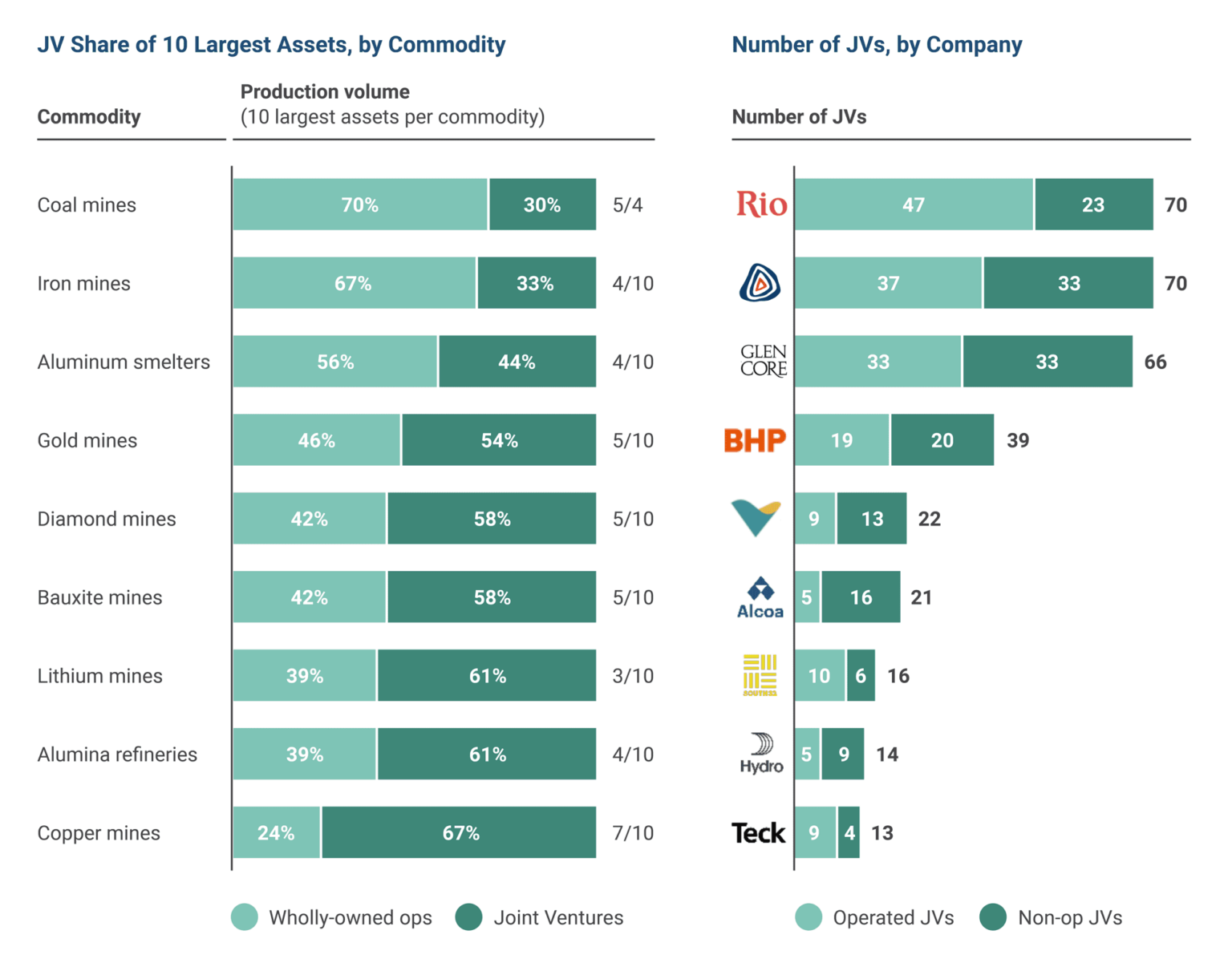
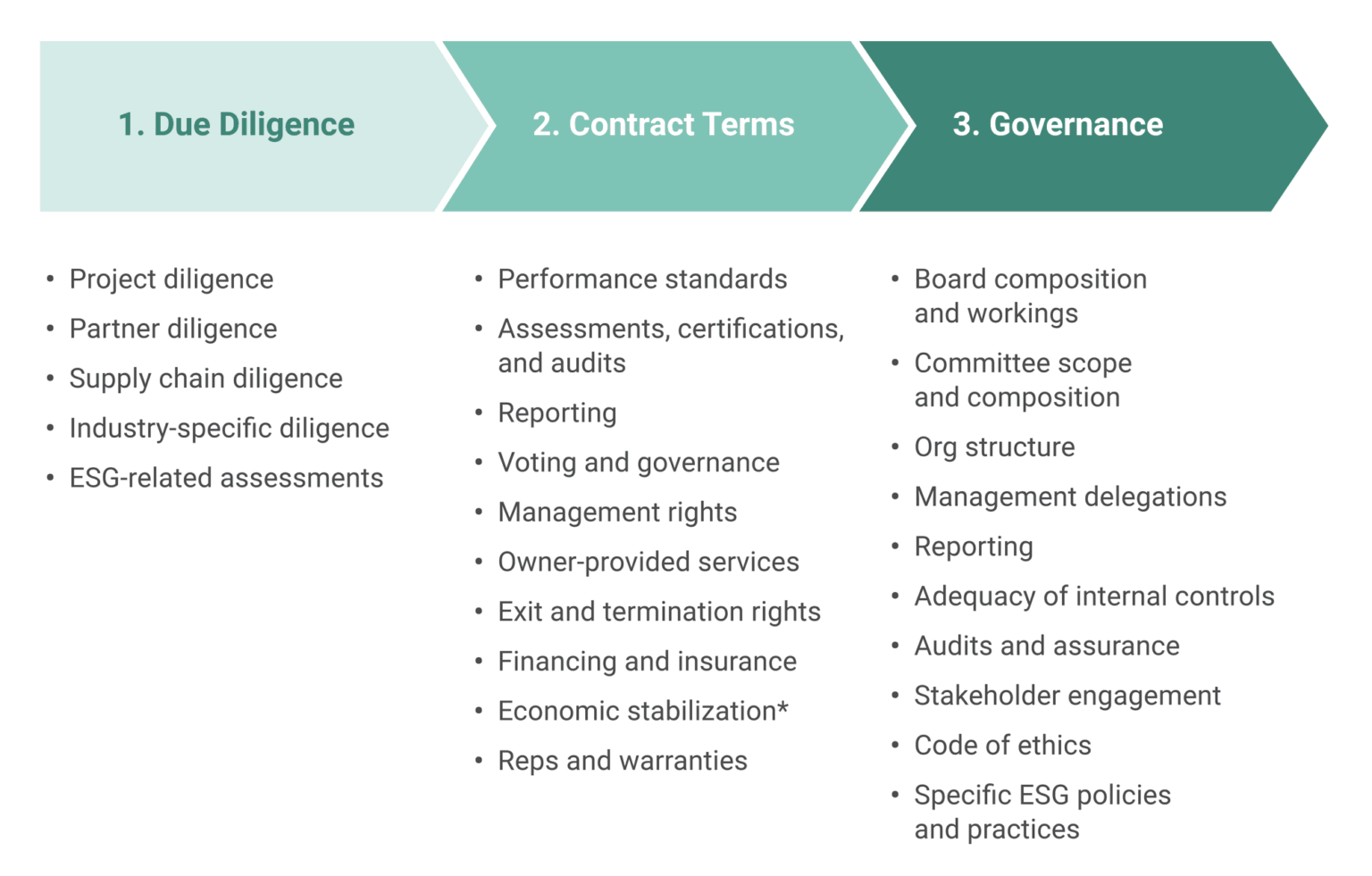
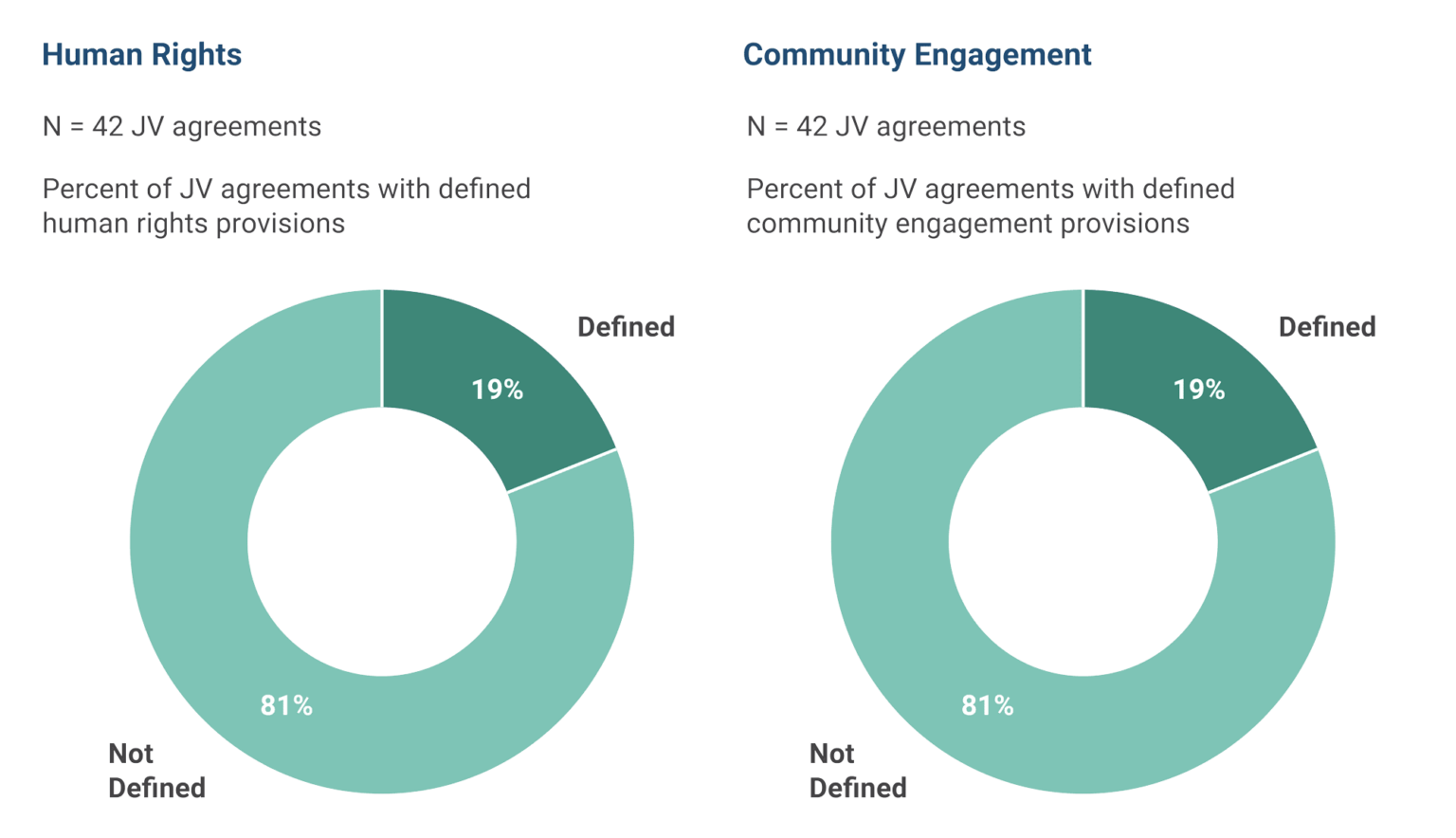
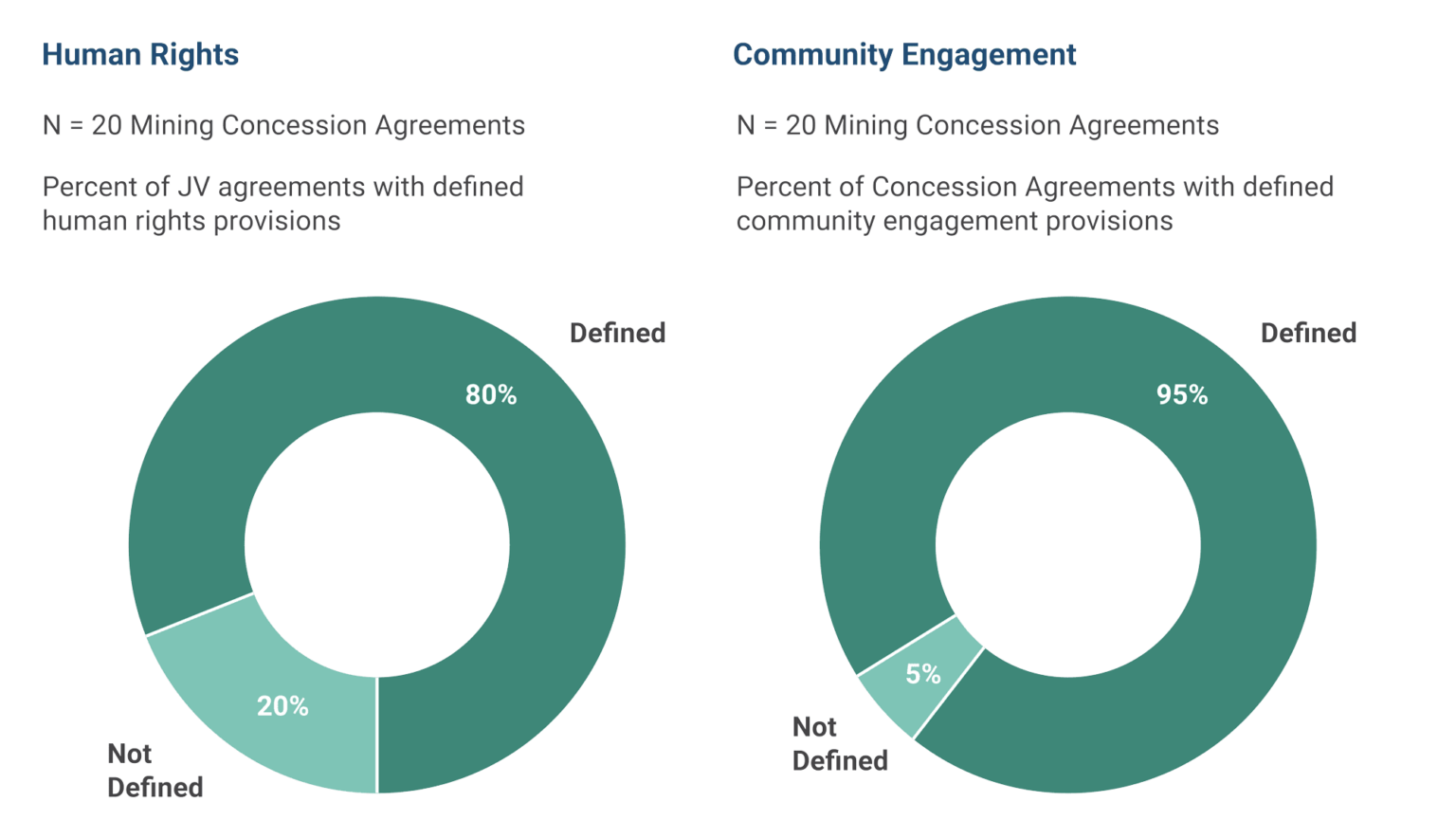
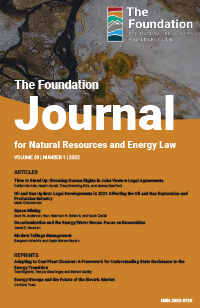
Comments